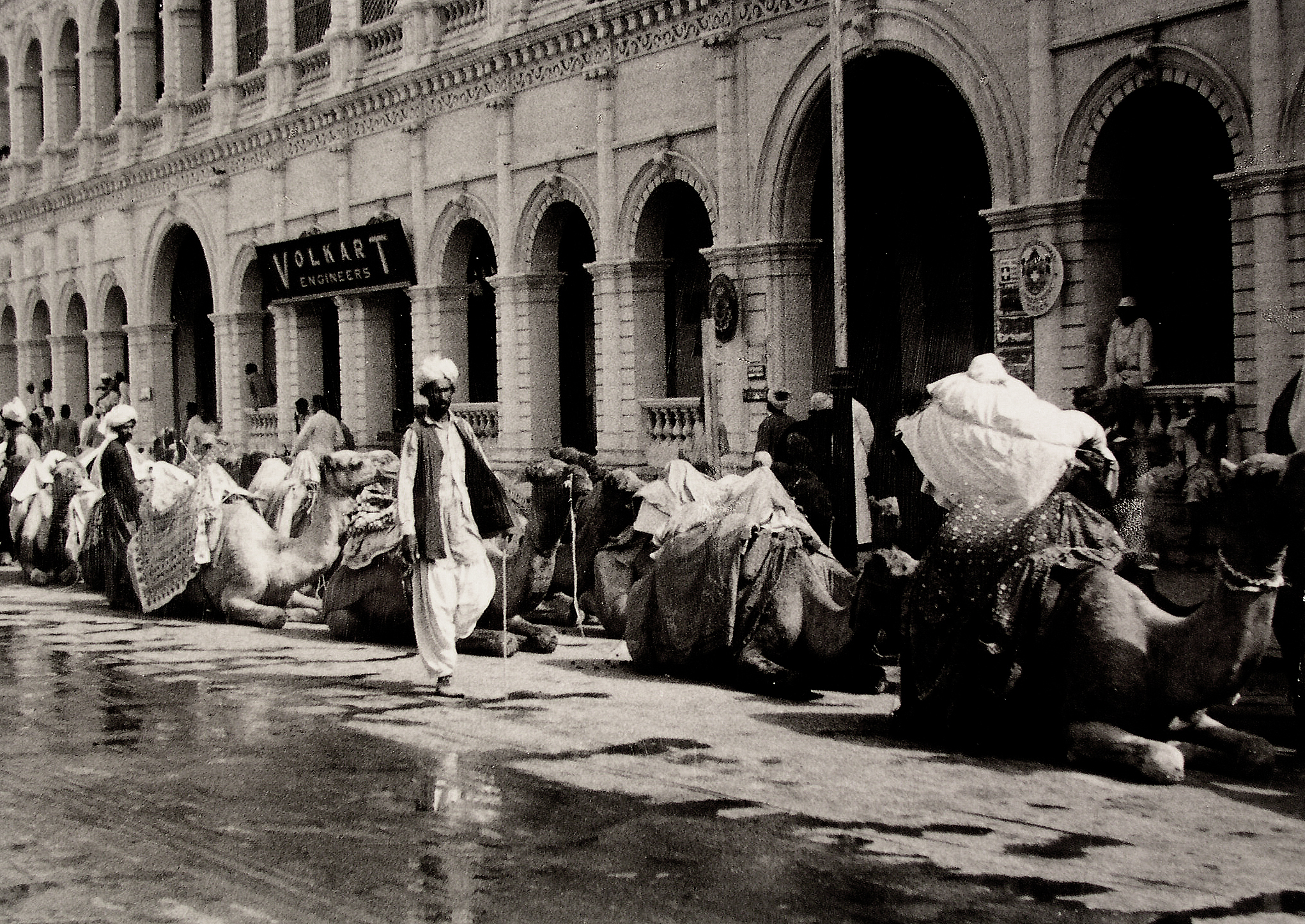Networks of Trust. Social and Cultural Historical Foundations of World Trade: The Case of the Swiss Merchant House Volkart Brothers, 1851-1999
Post-Doc: Dr. Christof Dejung

Abstract
Globalization appears in current debates as a new phenomenon. But this is not the case. As a consequence of industrialisation and colonialisation a global economic system came into being in the 19th century. World trade played a crucial role in this. Surprisingly Swiss merchant houses were among the most successful enterprises in this area. Nevertheless there are hardly any studies concerning the history of particular trade companies. The project proposed here aims to close this gap. The function of world trade shall be studied by the example of the Winterthur merchant house Volkart Bros. Volkart worked as an import trader for Indian raw cotton and other colonial goods to Europe and as an export trader for European consumer goods to India after 1851. Until the middle of the 20th century, Volkart became one of the most important cotton, coffee and cocoa traders in the world. At the end of the 1990s Volkart retired from the active trading business.
For this study, a great number of until now undeveloped sources will be used. The study shall be structured by three main theses: Firstly it is asserted that the expansion of the global economy in the 19th and the early 20th century would not have been possible without personal interactions that developed into stabile social networks. Secondly it shall be shown that world trading companies relied upon strong trading and production networks in the colonies. These networks helped them to start business relations in foreign countries, but also forced them to adapt to local business practices. Thirdly it will be shown that the building of trustful relations was important for economic success.
In doing so, the project aims to connect different fields of research. On the one hand economic and cultural history will be linked: Of specific importance is the current discussion about the role of networks and trust in economic history under the influence of new institutional economics. Cultural history complements the perspective of economic development by providing several tools to describe the social embedding of economic processes. On the other hand, the project aims to connect national and global history: In the last years it became evident that social history could benefit from a shift in perspective by paying attention to the transfer of ideas and goods between different states and its consequence for economic development. World trade is a very promising topic for such a transnational historiography.